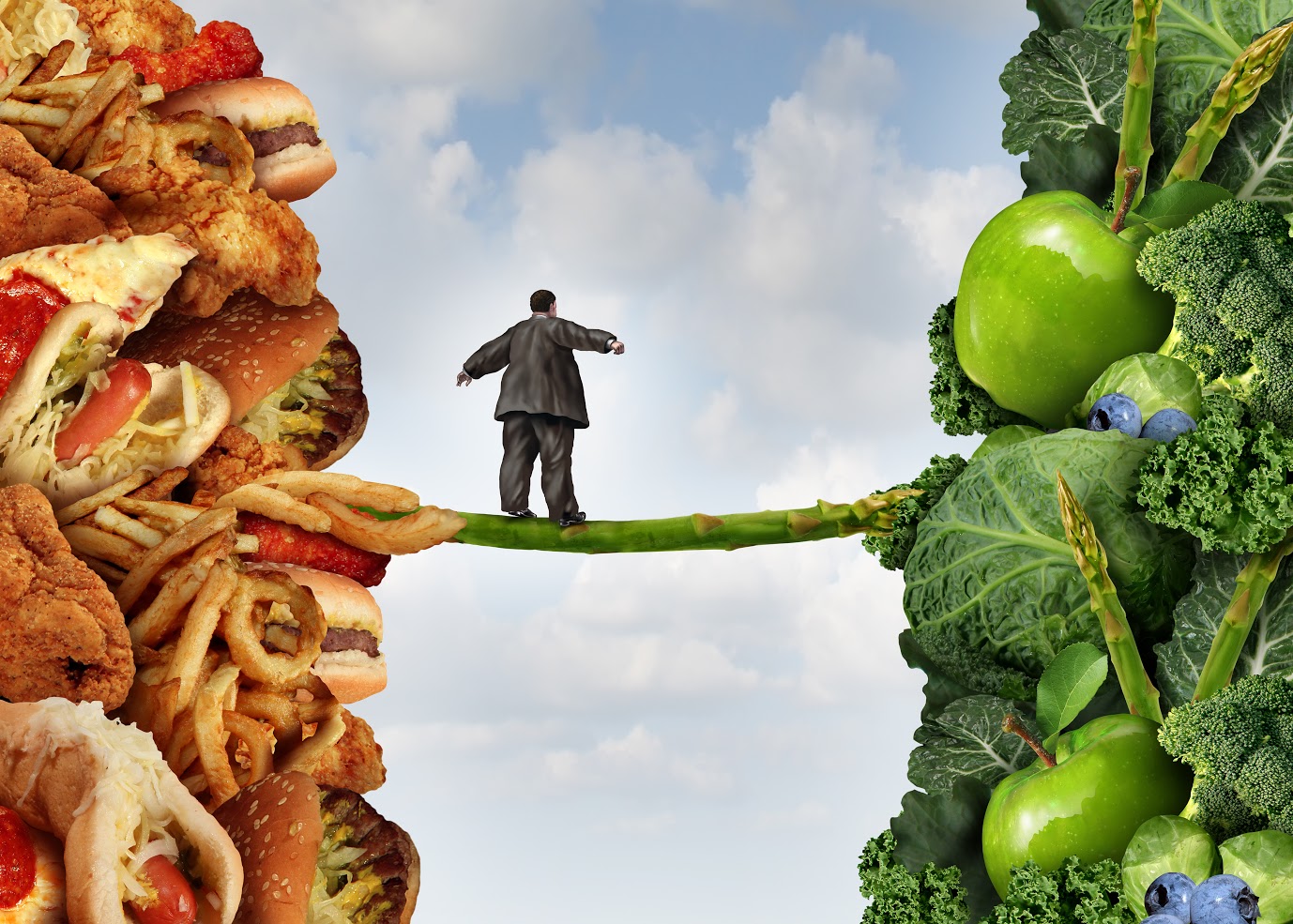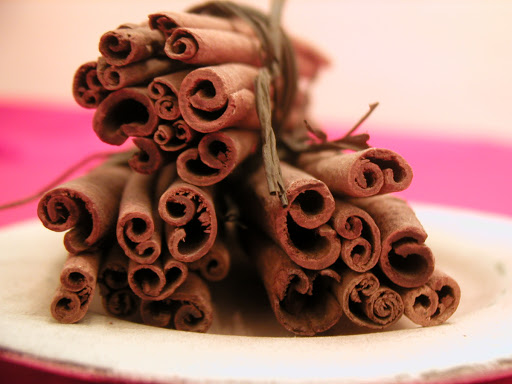
It’s no surprise that foods heavy in starches can wreak havoc with healthy glycemic balance. After all, starches are carbohydrates formed by two or more sugars bonded together. So from a chemical perspective, starch is very much like sucrose, or table sugar. When it comes to diet, the well-known high starch culprits include potatoes, breads, pasta, and rice.
You may know that not all carbohydrates are absorbed at the same rate. Foods ranked high on the glycemic index, which the body absorbs quickly, include candy and drinks sweetened with sugar. It’s much the same with processed foods made with refined flour. All the sugar contained in starch needs to be broken down into glucose molecules before the intestines can absorb them. When the uptake of glucose from the intestines doesn’t go smoothly, glycemic balance is disrupted. But starch doesn’t have to be an uncontrolled disruptor, because there is a micronutrient that can help lower the impact of starch.
The Role Of Polyphenols
This micronutrient is a polyphenol. Polyphenols are natural, organic chemicals with large multiples of phenol structural units. Here at Systemic Formulas, one of the polyphenols we use in our botanical blends is Baobab. Baobab is a dried powder that comes from the fruit pulp of nine different species of trees. Six species are native to Madagascar, two are found in Africa, and one in Australia. It looks like a coconut, has a distinctive taste, and contains riboflavin, calcium, magnesium, potassium, and iron. The fat and protein levels are low. Baobob is a natural botanical that can help the body maintain a normal glycemic response to different types of starches.
The Growing Need For Targeted Nourishment
It’s important for us to nourish cells with polyphenols such as Baobab, because starch is now one of the largest dietary sources of blood sugar in the American diet. Even what many of us consider “healthy” grains, such as brown rice, come with high levels of starch. To keep glycemic balance under control, we need to keep an eye on starch intake, and to make sure we have a natural means of offsetting starches.






